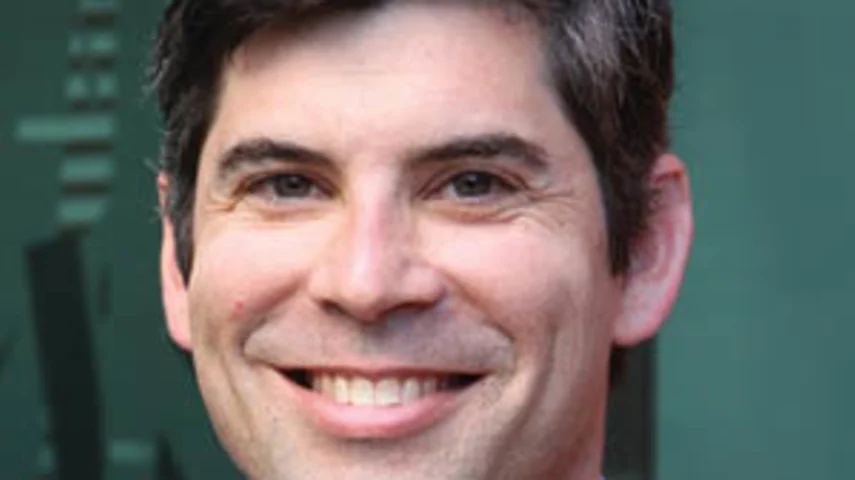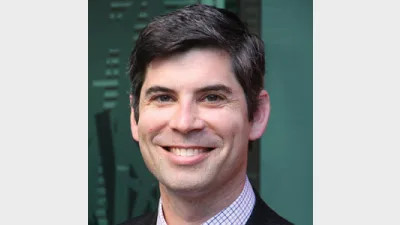Super outflows a likely result of reforms



The Federal Government's changes to superannuation could result in a significant outflow of funds from superannuation as people with high balances try to avoid the impact, according to a Super Review roundtable of top superannuation industry and financial services executives.
The roundtable was conducted shortly after the Federal Government's announcement that earnings on assets supporting income streams would be tax free up to $100,000, with earnings above $100,000 being taxed at the concessional rate of 15 per cent in the accumulation phase.
State Super chief executive John Livanas said a genuine risk existed that this move could result in significant outflows from superannuation funds.
Australian Institute of Superannuation Trustees (AIST) chief executive Tom Garcia agreed that a risk existed and that if such outflows occurred they could impact fund liquidity.
"The biggest concern is the unintended consequences," Livanas said.
"A lot of thinking has to be around the likely reaction: the moment confidence reduces [in the super], the question as to whether to commute pensions come into question."
Energy Industries Super chief executive Alex Hutchison said he thought the changes would prompt some people with higher superannuation balances to consider alternative options outside of super.
"More people will change their affairs to negatively gear and go into property," he said.
Livanas said that when the experience of the 1996 superannuation surcharge was taken into account, there was a huge risk of outflows.
"It's a huge risk," he said.
"You saw what happened in ‘96 with the surcharge -— every time you have tinkering or change [with the system] you open a set of decisions that might not otherwise have been open to consideration."
Deloitte partner Russell Mason said many people would regard the tax as retrospective as they had been encouraged by Government to put more money into superannuation.
Additionally, Mason said the industry did not have enough detail as to how the tax would be collected. He said he was concerned it would add considerable administration and reporting costs to super funds, which would ultimately be borne by all members, not just those with high balances.
Recommended for you
Australia’s superannuation funds are becoming a defining force in shaping the nation’s capital markets, with the corporate watchdog warning that trustees now hold systemic importance on par with banks.
Payday super has passed Parliament, marking a major shift to combat unpaid entitlements and strengthen retirement outcomes for millions of workers.
The central bank has announced the official cash rate decision for its November monetary policy meeting.
Australia’s maturing superannuation system delivers higher balances, fewer duplicate accounts and growing female asset share, but gaps and adequacy challenges remain.









